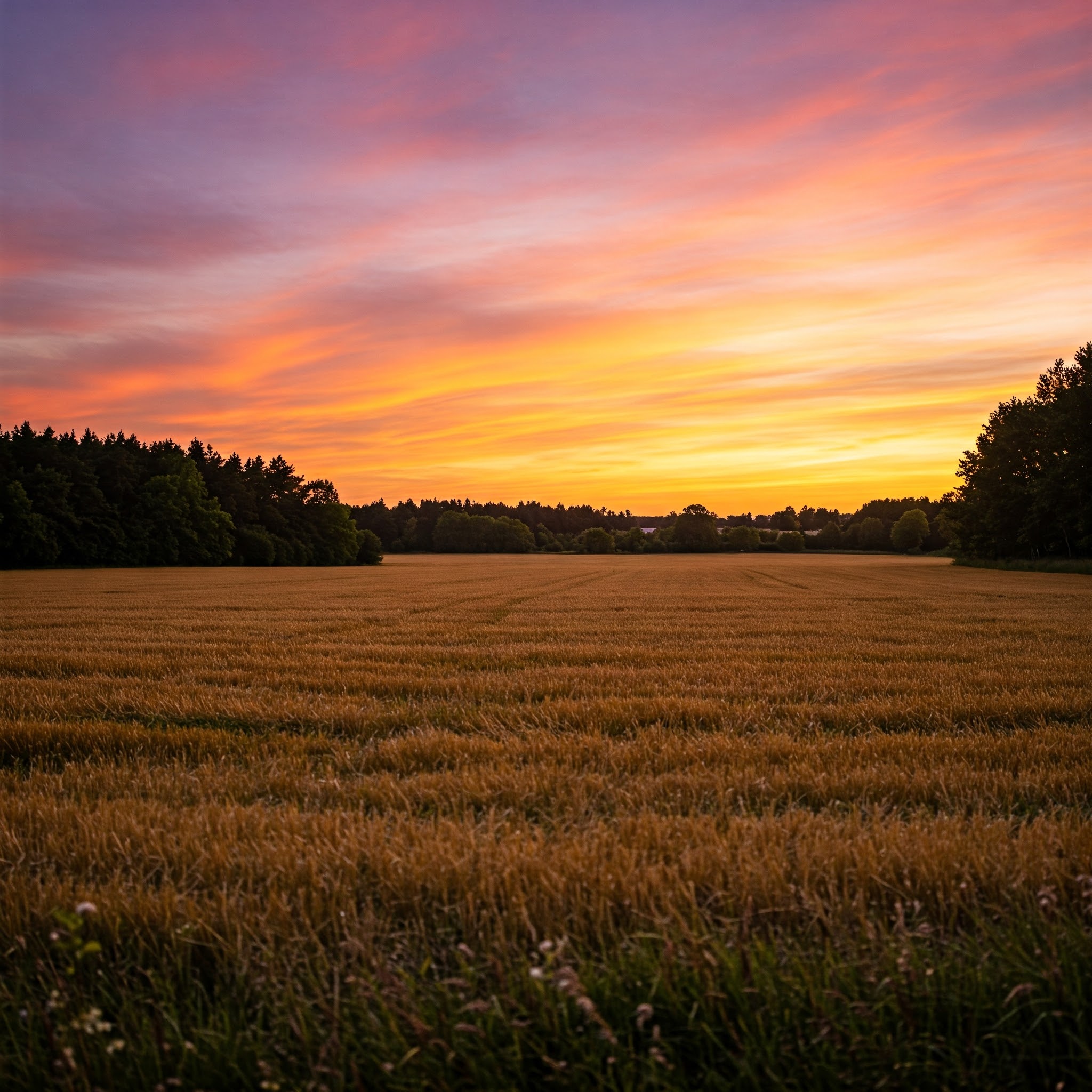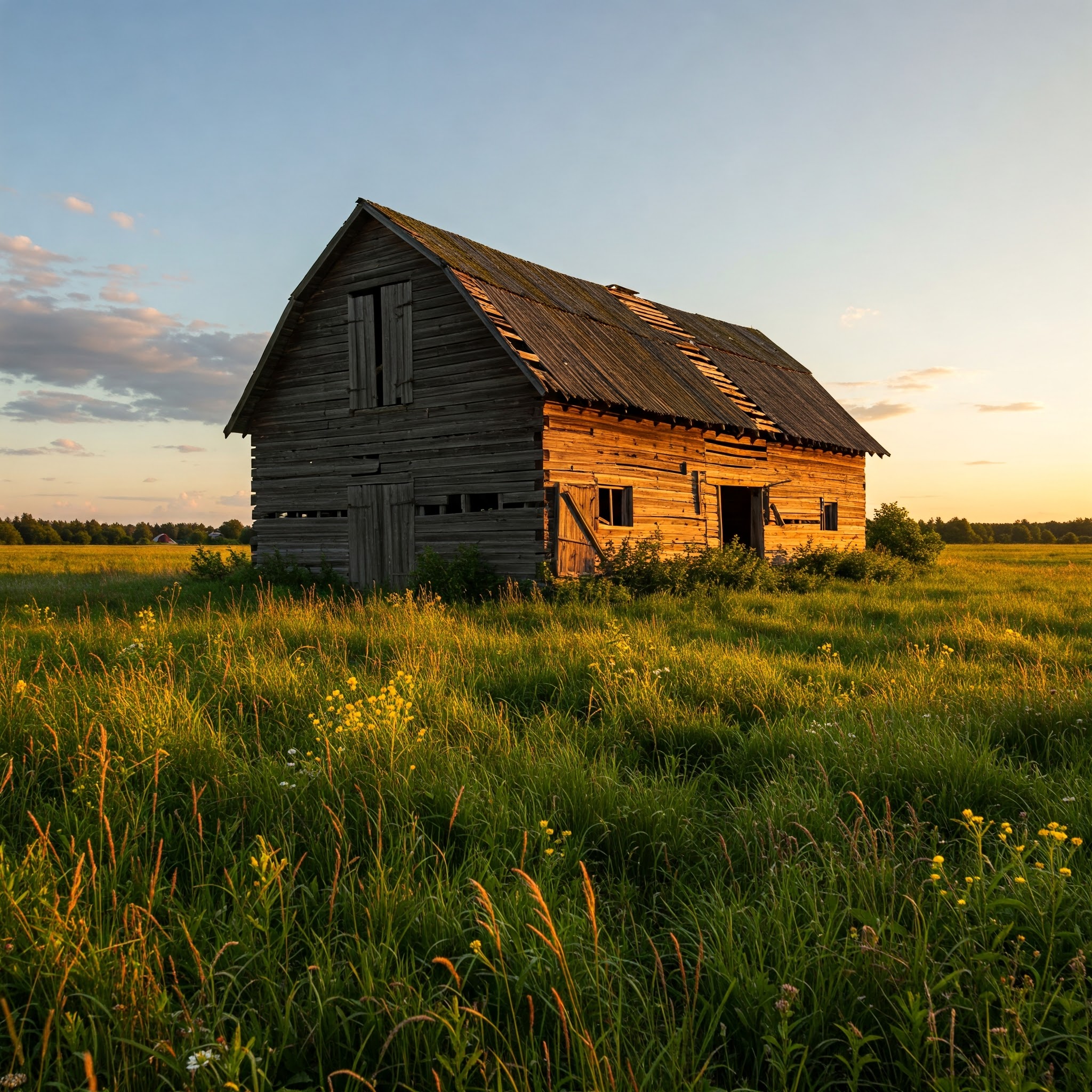Concerns Regarding Landowner Liability

Audio summary
Whether you're a bird enthusiast, a forester, a conservation advocate, or a hunter, the aspiration of owning a piece of land for recreational purposes can be the culmination of years of hard work and savings, allowing you to proudly call yourself a landowner. The joy and fulfillment derived from spending quality time with family and friends on your property are immeasurable, and the financial return on your investment will further affirm your choice to own land.
However, with ownership comes various responsibilities and an obligation to those you invite—and even those you don't—who come to hunt or enjoy activities on your land.
As a landowner, you might host family, friends, or employees for events like picnics on your property, or grant permission to a hunter. Those who are invited or have your consent to be on your land without any direct benefit to you are legally classified as licensees. Landowners who allow others to enjoy their property must exercise reasonable care to ensure a safe and hazard-free environment.

Individuals who are invited to the property for the landowner's benefit—such as foresters, land managers, or farm lessees—are known as invitees and should expect a higher standard of care from the landowner. Since they are on the property specifically for the landowner's advantage, the law is explicit: if a landowner is aware of a hazardous condition that poses an unreasonable risk of harm, which visitors would not reasonably recognize, they must take appropriate measures to either eliminate the danger or inform visitors of it.
Invitees receive the highest level of protection because their presence serves the landowner's business interests. This means that, regarding invitees, the landowner is required to conduct thorough inspections of the property to ensure it is safe for visitors.
Sponsored

There is also a third category of visitor known as the uninvited.
Frequently asked questions
Related articles






Leave A Comment